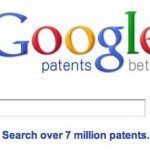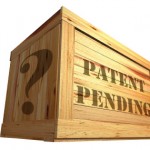 Yesterday's announcement of the firing of Groupon's CEO and the hope for a rebirth of the company's business model brought to mind a post that I wrote a couple of years ago railing against the self-interested opinions of "patent experts" on why Google offered $6 Billion for Groupon in late 2010. Re-reading the post in the rear-view mirror, it is more clear than ever that Google made the offer for the precise reason I set out below in December 2010:
Yesterday's announcement of the firing of Groupon's CEO and the hope for a rebirth of the company's business model brought to mind a post that I wrote a couple of years ago railing against the self-interested opinions of "patent experts" on why Google offered $6 Billion for Groupon in late 2010. Re-reading the post in the rear-view mirror, it is more clear than ever that Google made the offer for the precise reason I set out below in December 2010:
Google, and other acquirers, buy business models, not patents. As we strategy-focused IP people have been saying for years, a patent is worthless unless it covers a viable business model–either yours or one you want to own. Google is interested in Groupon because it offers them an established business model in an area that fits into their long term





